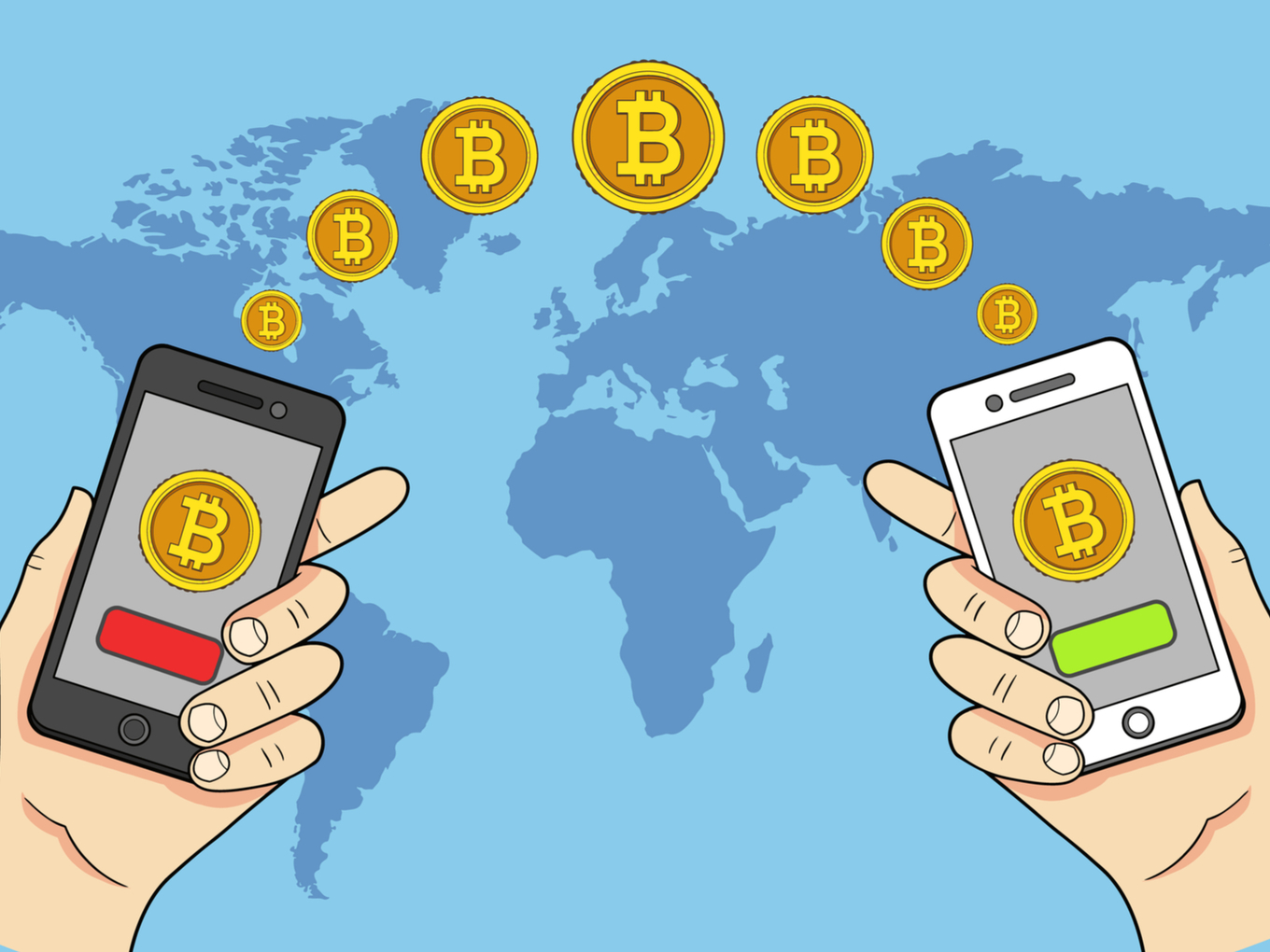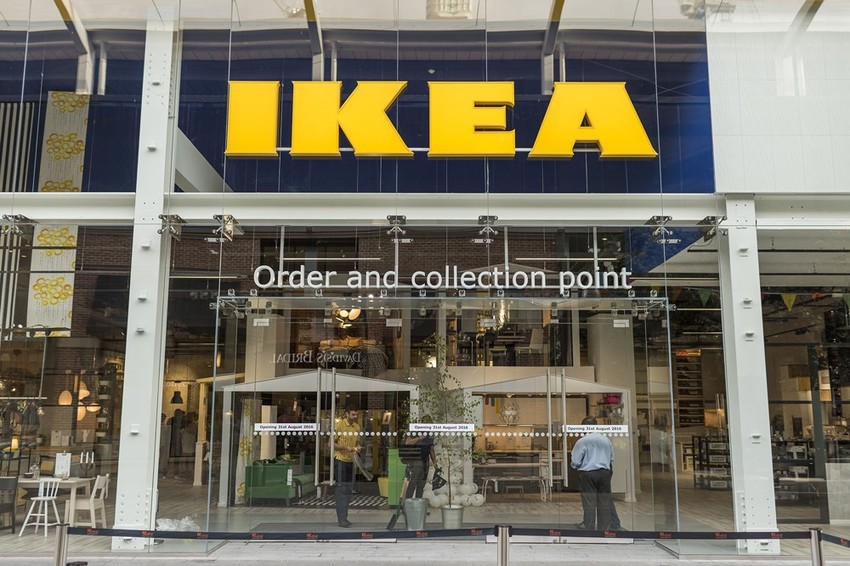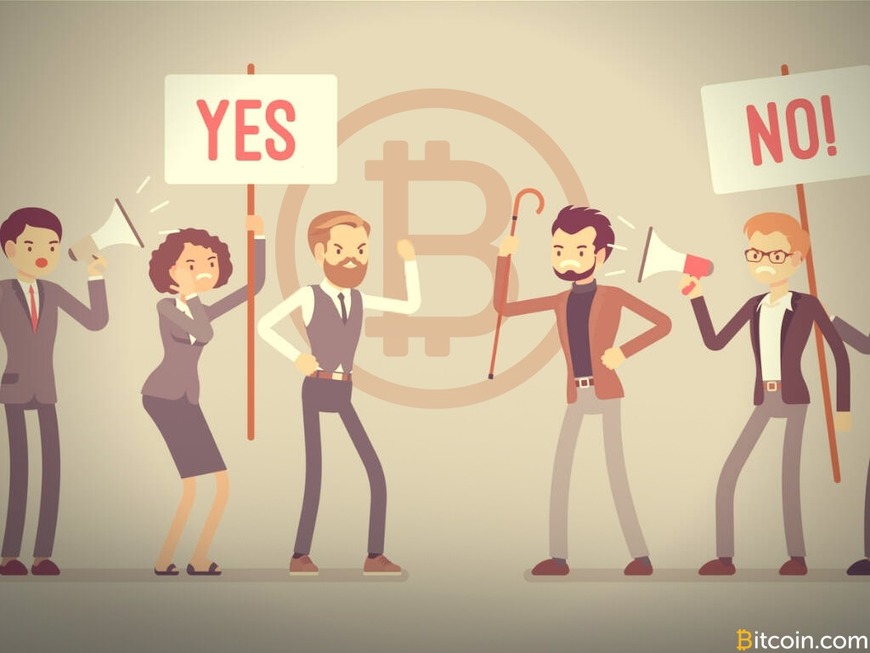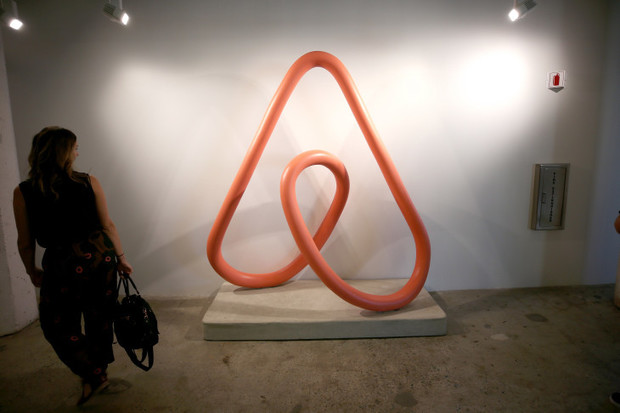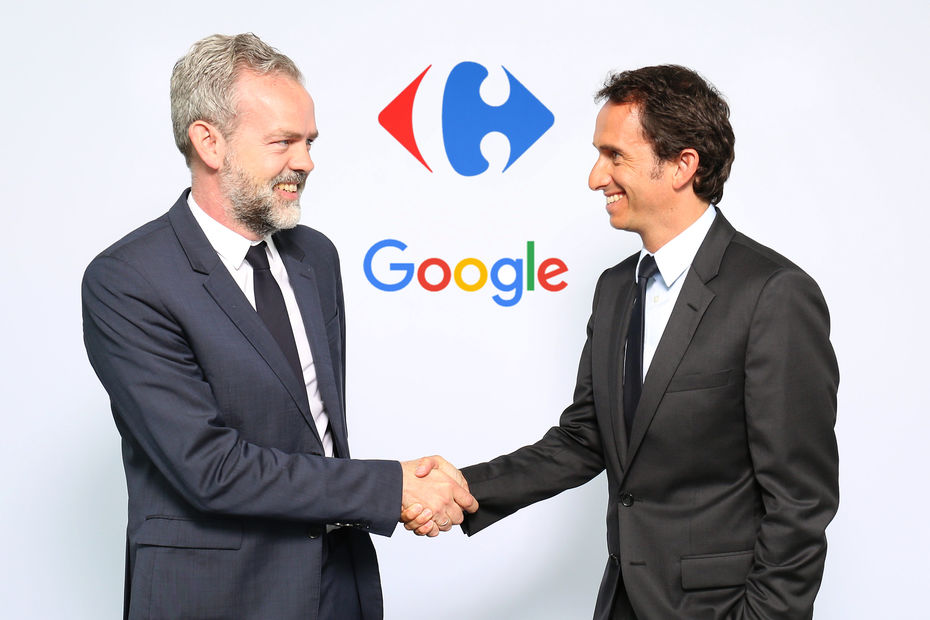Localbitcoins Trade Surges in Latin America and East Asia
Latin American Localbitcoins Markets Break Volume RecordsThe P2P markets of Latin America saw a dramatic spike in volume this past week, with several countries posting all-time high trade activity.Localbitcoins trade between Peruvian sol (PEN) and BTC posted record volume when measured in both fiat and cryptocurrency, with 303 BTC or 3.56 million PEN (approximately 1.06 million) worth of trade taking place.When measured in cryptocurrency, the week of Feb. 9 saw record trade between Colombian pesos (COP) and BTC on Localbitcoins, with 760 BTC changing hands. When measured in fiat currency, the week comprised the fifth strongest on record, with 7.63 billion COP (approximately $2.43 million).Venezuela posted record volume when measured in both fiat and cryptocurrency for the second consecutive week, with 2,485 or 24.34 billion Venezuelan bolivares (approximately $8.90 million) worth of trade taking place.Localbitcoins trade between Argentine pesos (ARS) and BTC posted its second strongest seven days of trade when measured in fiat currency this past week, with 8.43 million ARS (approximately $220,780) or 62 BTC worth of trade.

